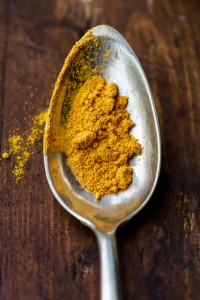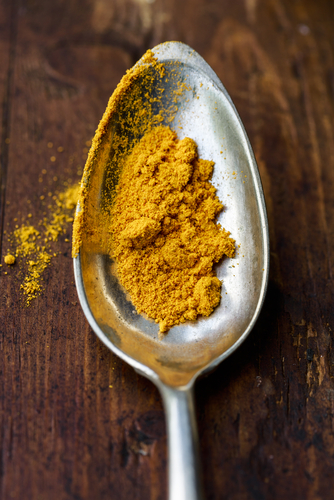 A recent study entitled “Turmeric improves post-prandial working memory in pre-diabetes independent of insulin” suggests adding turmeric to meals such as breakfast improves memory in individuals with early signs of diabetes. Findings such as these not only give researchers new clues into developing therapeutics for diseases such as diabetes, but also gives patients a holistic approach to fighting and presenting the disease. The study was published in the Asia Pacific Journal of Clinical Nutrition.
A recent study entitled “Turmeric improves post-prandial working memory in pre-diabetes independent of insulin” suggests adding turmeric to meals such as breakfast improves memory in individuals with early signs of diabetes. Findings such as these not only give researchers new clues into developing therapeutics for diseases such as diabetes, but also gives patients a holistic approach to fighting and presenting the disease. The study was published in the Asia Pacific Journal of Clinical Nutrition.
In the study, people over 60 years old and diagnosed with early, untreated diabetes were administered with a placebo or turmeric (1g), cinnamon (2g) or both (turmeric and cinnamon, 1g and 2 g, respectively) ingested during a standard white-bread breakfast. The authors performed memory tests before and after breakfast. The authors observed the individuals with pre-diabetes working memory improved their turmeric ingestion, but no differences were observed with cinnamon. The turmeric effect on working memory was independent of Alzheimer’s disease biomarker, body weight and insulin resistance it was dependent on energy balance and insulin status.
Emeritus Professor Mark Wahlqvist from the Monash Asia Institute at Monash University commented, “Working memory is widely thought to be one of the most important mental faculties, critical for cognitive abilities such as planning, problem-solving and reasoning. Assessment of working memory is simple and convenient, but it is also very useful in the appraisal of cognition and in predicting future impairment and dementia. We found that this modest addition to breakfast improved working memory over six hours in older people with pre-diabetes. Our findings with turmeric are consistent with these observations, insofar as they appear to influence cognitive function where there is disordered energy metabolism and insulin resistance.”
While the authors’ findings are suggestive of a role of turmeric in memory impairment in individuals with diabetes, their findings need to be further investigated to understand the mechanism of action of turmeric and also its potential role in other cognitive impairment disorders.
Turmeric, a member of the ginger family, is widely used in Asian cooking and its main active component is curcumin, responsible for the yellow color of turmeric.


